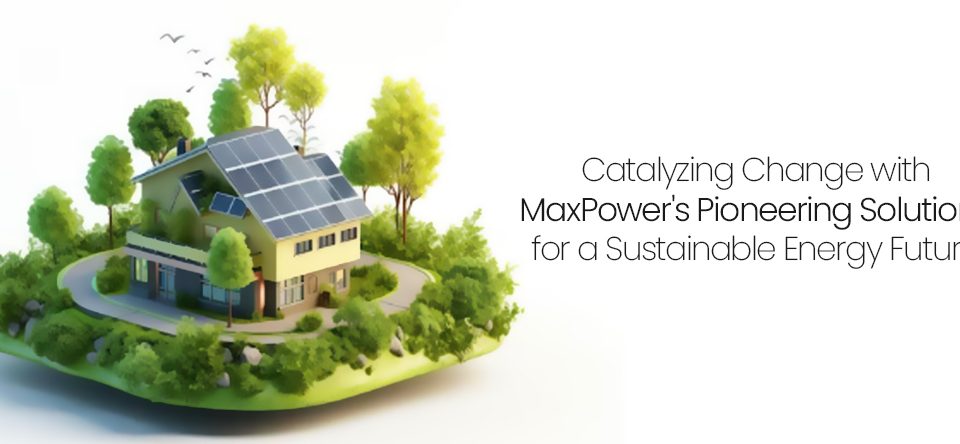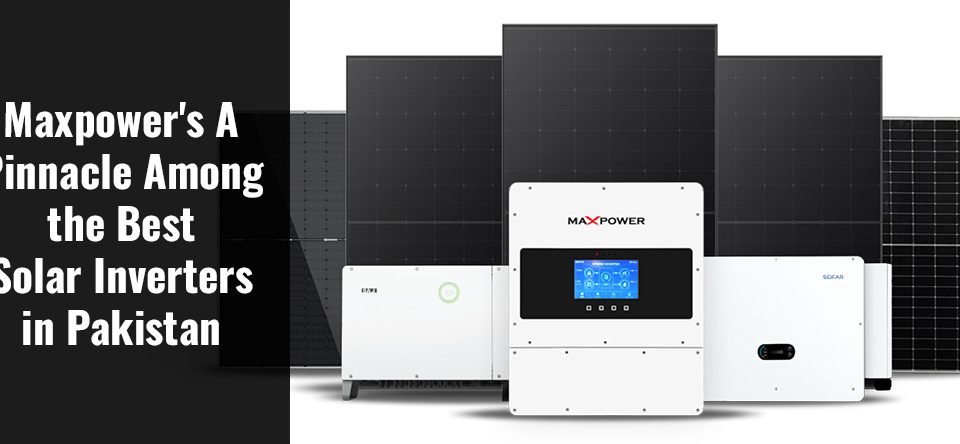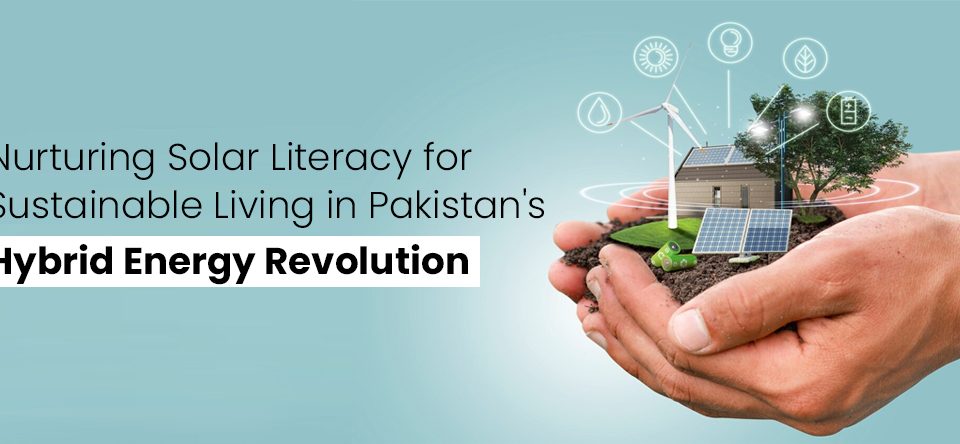
Solar Panels: Your Energy-Saving Secret Weapon
December 17, 2022
What to Consider before Installing Solar Panels in winter
December 14, 2022As the cold weather begins, ensuring your solar panel system can work efficiently is essential. Whether a homeowner or a business owner, the right tips and tricks can help you get the most out of your solar energy system.
This blog will provide information for getting the most out of your solar panels’ system during the cold season. Read on to learn how to maximize the efficiency of your solar energy system in the colder months.
Benefits of Solar Panels in Cold Weather
In cold climates, less solar energy is required to produce the same heat as in warmer temperatures, so a solar panel system will use less electricity and generate lower utility bills. A solar panel system produces power, reducing your dependence on utilities or other energy sources that may be unreliable or expensive during inclement weather conditions.
Solar panels can help improve air quality in your home or office. By installing a solar panel system, you’re reducing the pollution produced by traditional sources like heating and cooling systems. This can have positive environmental and health benefits for you and your family.
Solar panels can help reduce your carbon footprint. By generating your power with a solar panel system, you’re cutting down on the amount of CO2 emissions that are released into the atmosphere each year. This is an essential consideration if you want to impact climate change – regardless of the temperature outside positively!
Solar panels can help you conserve energy in the long run. Using solar power to generate your energy saves energy and reduces your reliance on fossil fuels over time. This can minimize your carbon impact and help you save money on energy expenses.
Tips for Maximizing the Performance of Solar Panels in Cold Weather
When it comes to solar panels and cold weather, you can follow a few tips to ensure your system performs as best as possible.
Keep an eye on your solar panel performance in cold weather. Panels not being used will slowly lose power over time, so monitor them closely in colder weather. If a panel does not provide enough power, consider adding a more powerful battery or upgrading your system to one better suited for cold weather conditions.
Keep your system clean and free of debris. Cleaning the panels regularly will help ensure they are generating the most power possible. Debris can also reduce the efficiency of your solar panels, so be sure to keep them free of leaves, snow, or other large objects.
Adequate insulation is key to keeping your house warm in cold weather. Insulation helps keep heat inside and reduces the energy needed by the sun to stay warm. Ensure you have adequate insulation in all areas of your home, so you’re not relying too much on your solar panel system to keep you warm during winter.
Monitor your electricity usage closely in cold weather months. A lot of energy is used in cooling systems and appliances while people are indoors in winter months, so make sure you’re watching how much electricity you’re using overall to see if there’s any room for improvement with solar panel performance in cold weather.
Consider adding a weatherproof solar panel mount. These mounts are designed to keep your solar panels safe from the elements and help them generate more power in cold weather conditions.
Cold Weather and Solar Panels Myths
There are a few myths about how solar panels work in cold weather and how to maximize their efficiency.
Myth: In cold temperatures, solar panels are nonfunctional
Fact: Solar panels still produce energy when it’s below freezing outside, just not as much. The colder the temperature, the less electricity your solar panel will generate. If the temperature is below 32 degrees Fahrenheit (0 degrees Celsius), your panel will only generate around 10% of its standard power output.
One way to combat this is to insulate your solar panel system and use an inverter to adjust the voltage to accommodate different temperatures. Additionally, ensure your batteries are fully charged before the winter, so you have enough juice to run your system during these colder months.
Myth: Solar panels need direct sunlight for them to work optimally
Fact: Actually, most solar panels need indirect sunlight or light from behind a window or roof because direct sunlight damages the cells in solar panels over time. This is why most solar systems are installed with multiple photovoltaic (PV) modules, usually two or three on each side of a house or large structure, to capture indirect light and still get the maximum amount of energy from each panel.
The key points of using solar panel systems in winter
If you live in a cold climate, your solar panel system will work better if you use it during the winter months. A solar panel system will generate less power when it is cold outside. This is because the panels are less efficient when cold and have to work harder to develop the same amount of energy. To make your solar panel system work as best as possible in cold climates, follow these essential tips:
1. Ensure your panels are correctly insulated. Insulating your panels can help them generate more power in cold weather.
2. Keep your panels clean. Dirty solar panels will produce less power than clean panels. Clean them once a month with a quality solar cleaner.
3. Keep your batteries charged all winter long. A fully charged battery will help your solar panel system generate more power when cold outside.
Wrapping It Up
Using solar panels in cold weather can be a great way to save money, reduce your carbon footprint, and even boost your home’s energy efficiency. Following the tips outlined in this article, you can maximize your solar panel system’s performance in cold weather and get the most out of your system. With the proper preparation and maintenance, you can enjoy the benefits of solar power for years to come.




